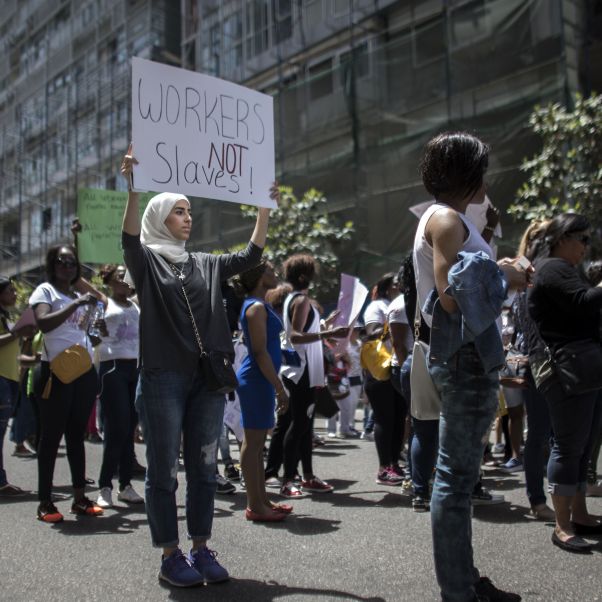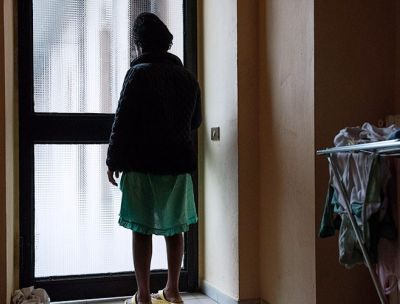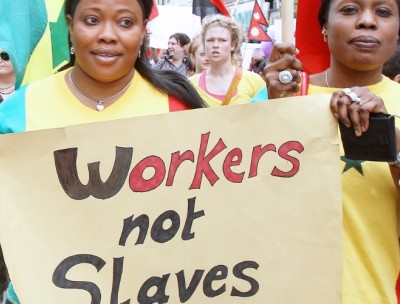Special Rapporteur on contemporary forms of slavery


Special Rapporteur on contemporary forms of slavery, including its causes and consequences
Purpose of the mandate
Article 4 of the Universal Declaration of Human Rights states that ‘No one shall be held in slavery or servitude: slavery and the slave trade shall be prohibited in all their forms’.
Slavery was the first human rights issue to arouse wide international concern. Yet it continues today and slavery-like practices also remain a grave and persistent problem.
Contemporary forms of slavery often involve hidden populations, some of whom perform illicit work. Slavery often occurs in isolated areas and access can be challenged or compromised when workers are involved in illegal activities, when they are geographically isolated, or when they work in violent or politically unstable countries or regions.
The majority of those who suffer are the poorest, most vulnerable and marginalised social groups in society. Fear, ignorance of one’s rights and the need to survive do not encourage them to speak out.
About the mandate
The mandate on contemporary forms of slavery includes but is not limited to issues such as: traditional slavery, forced labour, debt bondage, serfdom, children working in slavery or slavery-like conditions, domestic servitude, sexual slavery, and servile forms of marriage. As a legally permitted labour system, traditional slavery has been abolished everywhere, but it has not been completely eradicated. It can persist as a state of mind—among victims and their descendants and among the inheritors of those who practised it—long after it has formally ended.
In order to effectively eradicate slavery in all its forms, the root causes of slavery such as poverty, social exclusion and all forms of discrimination must be addressed. In addition, we need to promote and protect the rights of all especially the most vulnerable in our society. Where human rights violations have already been committed, we are called upon to help restore the dignity of victims.
More about the mandate
Current mandate holder
 Prof. Tomoya Obokata (Japan) was appointed as Special Rapporteur on contemporary forms of slavery, including its causes and consequences in March 2020. He is a scholar of international law and human rights, specializing in transnational organized crime, human trafficking and modern slavery.
Prof. Tomoya Obokata (Japan) was appointed as Special Rapporteur on contemporary forms of slavery, including its causes and consequences in March 2020. He is a scholar of international law and human rights, specializing in transnational organized crime, human trafficking and modern slavery.
Calls for Input
Latest thematic reports
Latest country reports
Contact Information
Prof. Tomoya Obokata
Special Rapporteur on contemporary forms of slavery, including its causes and consequences
c/o Office of the High Commissioner for Human Rights
United Nations at Geneva
8-14 avenue de la Paix
CH-1211 Geneva 10
Switzerland
Fax: +41 22 917 90 06
E-mail: ohchr-srslavery@un.org or urgent-action@ohchr.org
Activities
Online Side Event - UN General Assembly – 79th session The role of workers’ organizations in preventing and addressing contemporary forms of slavery
18 October 2024, 8:30 New York / 14:30 CET
Hybrid Side Event - Currently and formerly incarcerated people and contemporary forms of slavery: causes, connections, and countermeasures
13 September 2024 (13:30-14:30)
Hybrid Side Event - Homelessness and contemporary forms of slavery: Causes, connections, and countermeasures
19 September 2023 (14:00-15:00)



